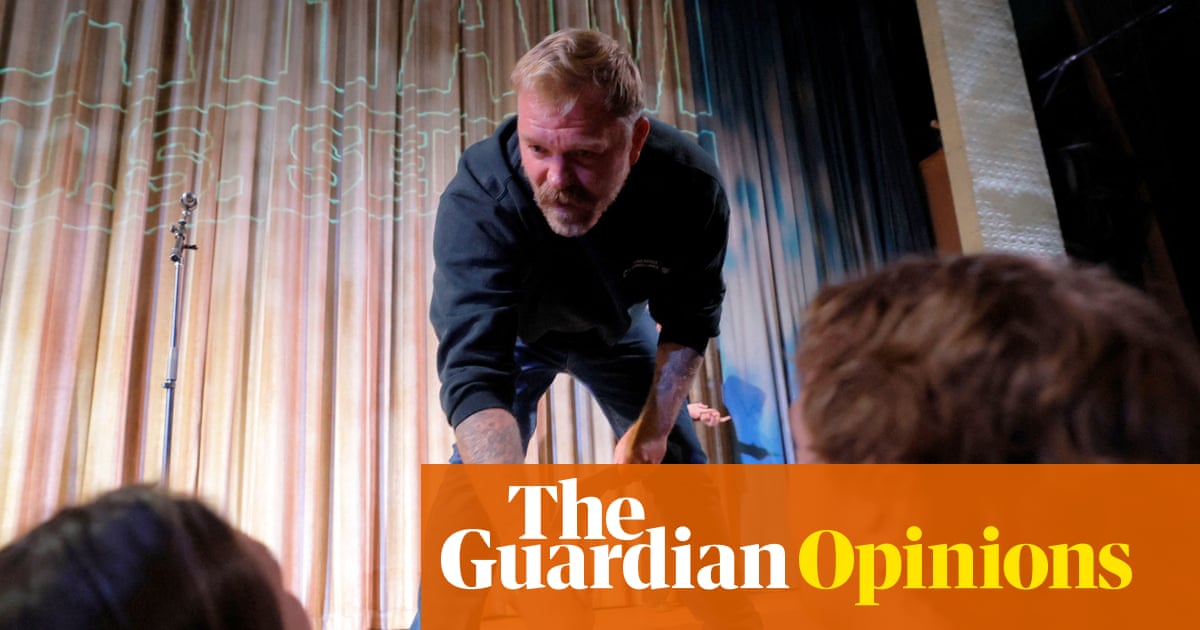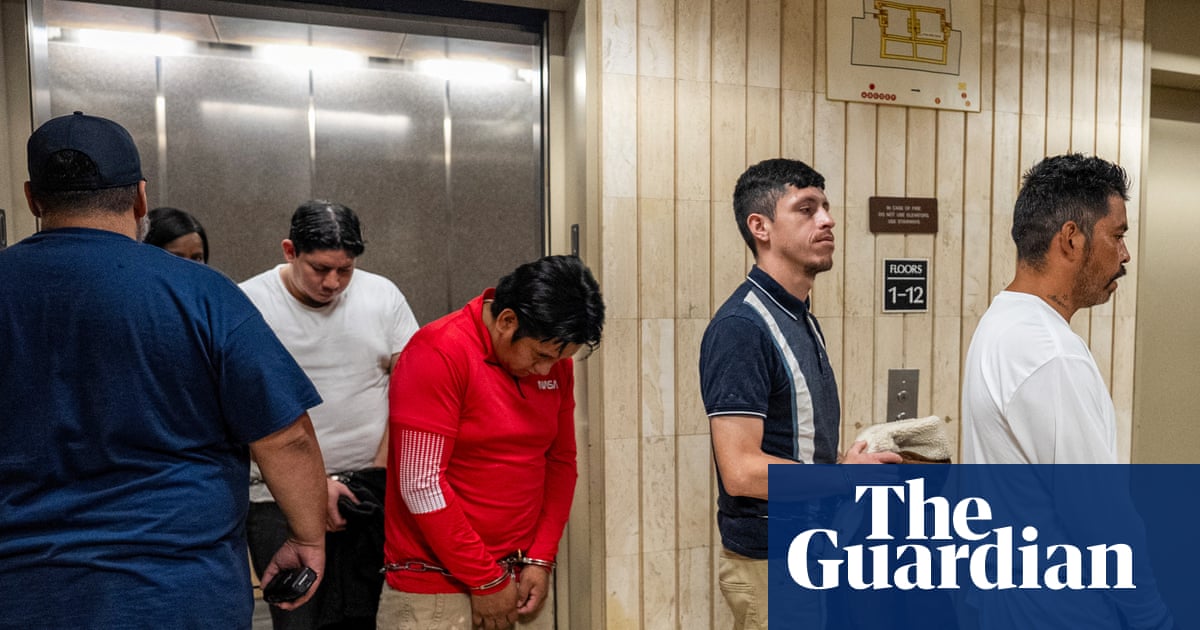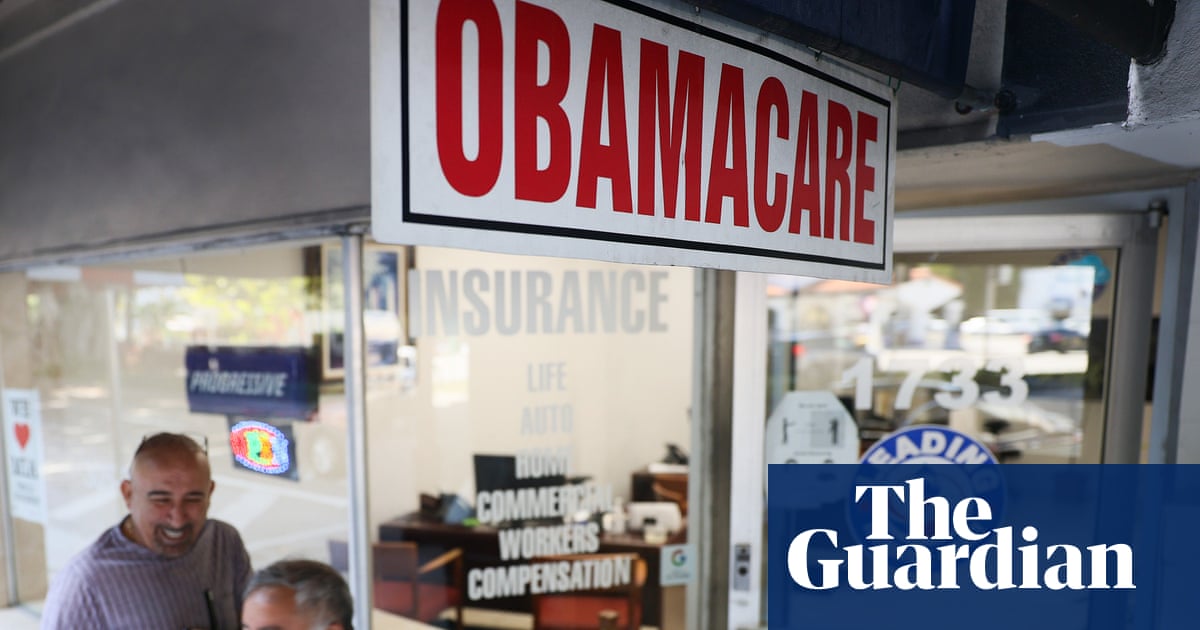Much of the federal government officially began to shut down on Wednesday, after Congress failed to reach a funding agreement before the midnight deadline. The shutdown will have a wide range of effects on government services and potentially the US economy.
Republicans put forward a stopgap measure to keep agencies open through 21 November, but Democrats have withheld their support, demanding the bill address recent Medicaid cuts and extend health insurance subsidies under the Affordable Care Act scheduled to expire at the end of the year. Republican leaders dismissed their demands as a non-starter and united to block Democrats’s short-term funding proposal.
With Democrats and Republicans dug in and the House not expected to vote this week, Congress is bracing for an extended confrontation, leaving federal workers and agencies in limbo as each side angrily blames the other.
And, in a sharp escalation, the White House has threatened permanent mass layoffs of government workers, adding to the roughly 300,000 it forced out earlier this year.
What does a government shutdown mean?
When Congress fails to pass funding legislation, federal agencies are required by law to halt operations, triggering a shutdown. Employees classified as “non-excepted” are placed on unpaid furlough, while excepted staff – those whose jobs involve protecting life and property – must continue working without pay until after the shutdown ends.
Until Congress acts, many federal services will be temporarily halted or disrupted as certain agencies cease all non-essential functions.
Related: White House tells agencies to prepare for firings if government shuts down
In a polarized Washington, with the chambers narrowly divided, shutdown threats have become a feature of recent congressional budget battles. But more often than not, the parties’ leaders are able to cobble together an 11th hour compromise to forestall a lapse in funding. Not this time.
How long will the government be shut down, and what was the longest shutdown?
How long it will last remains unclear. A standoff in 2018, during Trump’s first term, resulted in a 34-day shutdown, the longest in the modern era. At the time, roughly 800,000 of the federal government’s 2.1 million employees were sidelined without pay.
Why is the government shutting down this time?
The federal government’s new fiscal year began on Wednesday, without an agreement on a short-term funding bill.
Democrats, locked out of power in Washington, have little leverage, but their votes are needed to overcome the filibuster in the Senate. They are demanding an extension of subsidies that limit the cost of health insurance under the Affordable Care Act and are set to expire, a rollback of Medicaid cuts made in Trump’s One Big Beautiful Bill Act, and the restoration of funding to public media that was cut in the rescissions package.
Congressional Democrats are under pressure to use their leverage to stand up to Trump and his administration. In March, Schumer lent the necessary Democratic votes to approve a Republican-written short-term funding measure without securing any concessions – a move that infuriated the party’s base.
Republicans, who control both chambers of Congress, are refusing to negotiate with Democrats over their healthcare demands. Instead, GOP leaders in the Senate have vowed to keep forcing Democrats to vote on a stopgap measure that would extend funding levels, mostly at current levels, through 21 November. That bill narrowly passed the House but fell short of the 60-vote threshold in the Senate on Tuesday.
Donald Trump hosted Congressional leaders at the White House earlier this week, but the meeting failed to produce a breakthrough.
Why is this year’s threat to shut down the government more serious?
This time, the impact on federal workers could be even more severe. In a memo released last week, the White House’s office of management and budget (OMB) told agencies not just to prepare for temporary furloughs but for permanent layoffs in the event of a shutdown.
Related: Trump cancels meeting with top Democrats as federal shutdown looms
The memo directed agencies to ready reduction-in-force notices for federal programs whose funding sources would lapse in the event of a shutdown and are “not consistent with the president’s priorities”.
The OMB led the administration’s earlier efforts to shrink the federal workforce as part of a broader government efficiency campaign led by Elon Musk’s “department of government efficiency”.
At an event on Tuesday, Trump said “a lot of good can come down from shutdowns” and suggested he would use the pause to “get rid of a lot of things we didn’t want, and they’d be Democrat things”.
The House minority leader, Hakeem Jeffries, has said that Democrats “will not be intimidated” by the Trump administration’s threats to fire more federal employees if the federal government shuts down. He has said that his message to Russell Vought, the head of OMB, was simple: “Get lost.”
Two major federal employee unions sued the Trump administration on Tuesday, accusing it of illegally threatening mass layoffs during a shutdown.
What happens when the government shuts down?
In the event of a full or partial government shutdown, hundreds of thousands of federal workers may be furloughed or required to work without pay. Approximately 750,000 federal employees will be furloughed each day of a government shutdown, according to an estimate by the congressional budget office released on Tuesday.
Operations deemed essential – such as social security, Medicare, military duties, immigration enforcement and air traffic control – would continue, but other services may be disrupted or delayed. Mail delivery and post office operations would continue without interruption.
Agencies have been releasing updated contingency plans in the event of a shutdown. The Department of Education said nearly all its federal employees would be furloughed, while most of the Department of Homeland Security workforce would remain on the job.
According to an interior department contingency plan posted late on Tuesday evening, national parks will remain partially open. “Park roads, lookouts, trails, and open-air memorials will generally remain accessible to visitors,” it said.
During the government shutdown in 2019, national parks reported garbage, staffing shortages and even three deaths as a result of the financial crunch.
The impact of a shutdown can be far-reaching and potentially long-lasting. Previous shutdowns have disrupted tourism to national parks and the Smithsonian museums in Washington, slowed air travel, delayed food-safety inspections, and postponed immigration hearings.
While the broader economy may not feel the effects immediately, analysts warn that a prolonged shutdown could slow growth, disrupt markets and erode public trust.

 German (DE)
German (DE)  English (US)
English (US)  Spanish (ES)
Spanish (ES)  French (FR)
French (FR)  Hindi (IN)
Hindi (IN)  Italian (IT)
Italian (IT)  Russian (RU)
Russian (RU) 























Comments